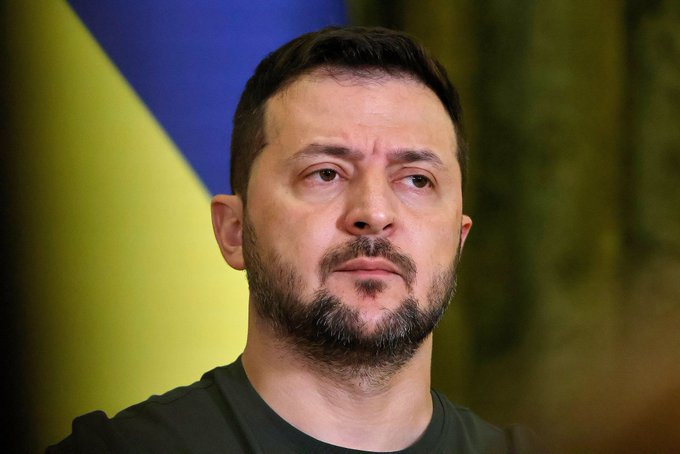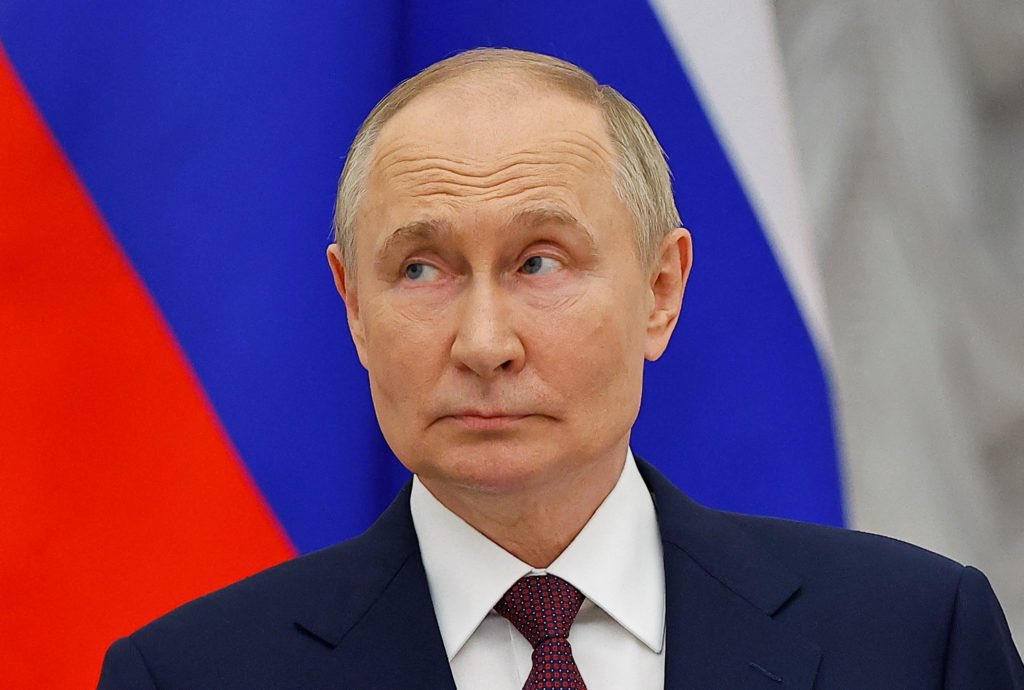As the world’s eyes turn to Istanbul for what is billed as a crucial round of Ukraine peace talks, the conspicuous absence of Russian President Vladimir Putin from the Kremlin’s official delegation list has become a defining feature of the event. Far from a mere scheduling detail, Putin’s decision not to attend is a calculated move that reverberates through diplomatic, political, and psychological arenas, shaping both the substance and perception of these negotiations.
The Delegation Dynamic: Who Represents Russia?
With the Kremlin confirming its delegation for the Istanbul talks, the composition is notable for the absence of top-level political figures. Instead, the Russian team is led by presidential advisor Vladimir Medinsky, joined by Deputy Foreign Minister Mikhail Galuzin, Deputy Defense Minister Alexander Fomin, and military intelligence chief Igor Kostyukov. Foreign Minister Sergey Lavrov, often the Kremlin’s diplomatic spearhead, is reportedly not on the list, and the delegation is devoid of any figure with the authority or stature to make final decisions on the war’s end.
This delegation structure signals a preference for technical discussions over high-stakes political bargaining. It also reflects a longstanding Kremlin approach: maintain flexibility, avoid binding commitments, and keep the ultimate authority-Putin-at arm’s length from unpredictable international forums.

Zelenskyy’s Gambit: A Call for Direct Dialogue
Ukrainian President Volodymyr Zelenskyy, by contrast, has made it clear that he seeks a direct meeting with Putin, not with intermediaries. For Zelenskyy, face-to-face negotiations are not just a matter of protocol but a strategic imperative. He has publicly stated that discussions with anyone other than Putin are meaningless, as only the Russian president possesses the mandate to make or break peace. This stance is both a challenge and an invitation: it puts the onus on Putin to step onto the world stage and personally account for Russia’s actions, while also underscoring Ukraine’s readiness for genuine dialogue.
Calculated Absence: Why Putin Stays Away
Putin’s refusal to attend is not simply reticence or logistical inconvenience. It is a deliberate act with multiple layers of intent:
Preserving Leverage: By staying away, Putin avoids being boxed into real-time concessions or pressured by international counterparts. His absence ensures that any outcomes remain provisional, subject to his later approval or rejection.
Managing Optics: Putin’s non-attendance allows him to project an image of strength and detachment, suggesting that Russia is not desperate for talks or easily swayed by Western or Ukrainian demands.
Internal Messaging: Domestically, this posture reinforces his narrative of control, signaling to Russian elites and the public that he remains the ultimate arbiter of Russia’s fate.
Strategic Ambiguity: With speculation swirling about whether he might appear at the last minute, Putin keeps all parties guessing, using uncertainty as a diplomatic tool.
The Impact on Negotiations
The absence of the Russian president fundamentally alters the nature of the Istanbul talks. Without Putin, the Russian delegation lacks the authority to make decisive, binding agreements. This reality is not lost on Ukrainian officials, who have indicated that without Putin, the talks risk devolving into mere formalities, with little chance of substantive progress. For observers, this dynamic raises doubts about the sincerity and potential of the negotiations.
However, some analysts argue that Putin’s absence could paradoxically make the talks more businesslike, free from the theatrics and media spectacle that often accompany high-level summits. With lower-profile delegates, the focus may shift to technical groundwork and confidence-building, laying the foundation for future leader-level engagement.
International Reactions and the Path Forward
The international community, particularly Turkey as host and mediator, had hoped for a breakthrough moment. Instead, the event is now seen as a preliminary step-important for keeping channels open, but unlikely to yield dramatic results. The United States and European partners continue to watch closely, aware that any progress will ultimately hinge on decisions made in Moscow, not Istanbul.
In conclusion,
Putin’s absence from the Istanbul peace talks is more than a diplomatic footnote; it is a statement of intent and a strategic maneuver. For Ukraine, it is a source of frustration and a barrier to meaningful negotiation. For Russia, it is a way to maintain control, manage risk, and keep options open. As the talks proceed, the world is reminded that in this conflict, as in so many others, the presence-or absence-of a single leader can shape the fate of nations. The Istanbul meeting may set the stage, but the real drama awaits a direct encounter between the two presidents-a prospect that, for now, remains elusive.

